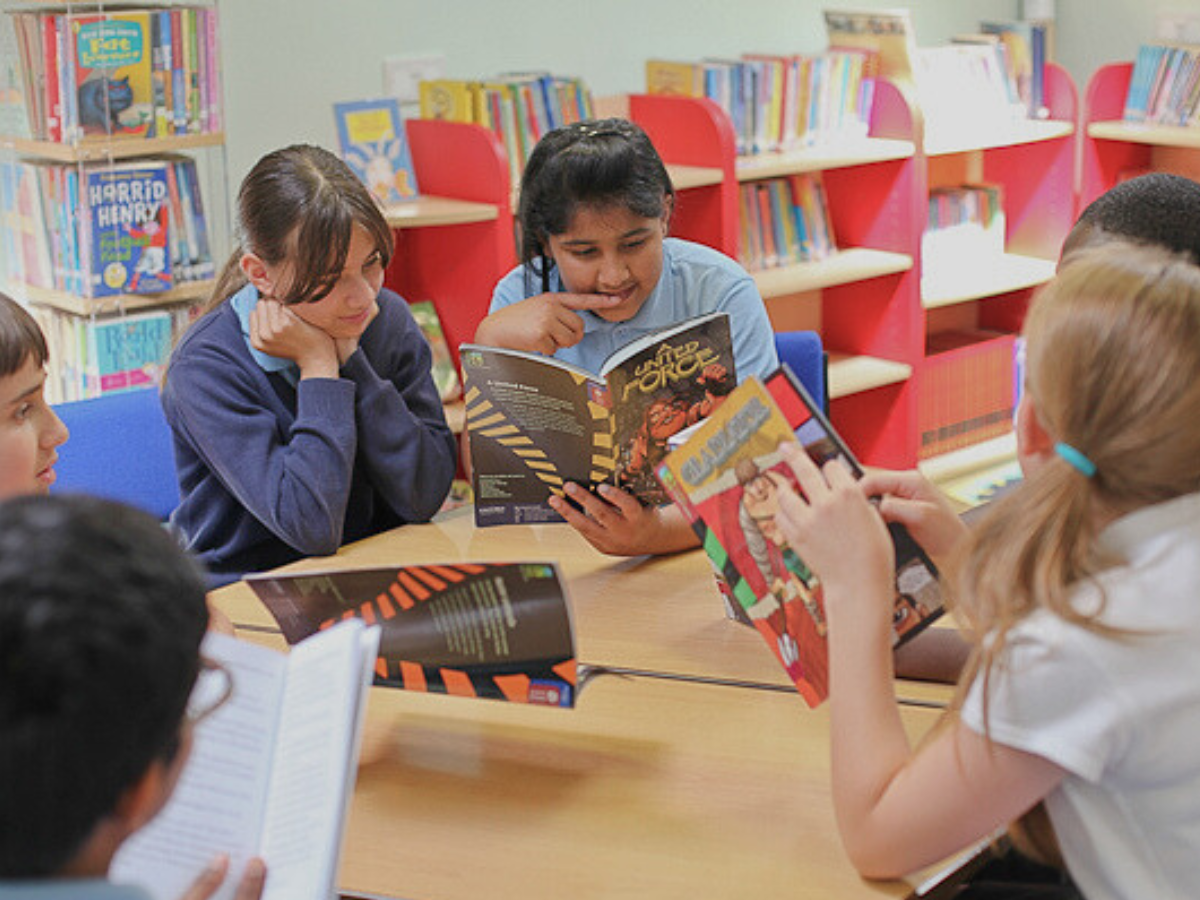
Not got time to read the DfE’s new Reading Framework? We’ve done it for you! In this blog Andrea Quincey, Director of Primary Literacy digests the framework and suggests 7 key take-aways for schools to consider to ensure that reading for pleasure isn’t left to chance.
Read more





